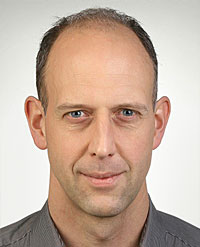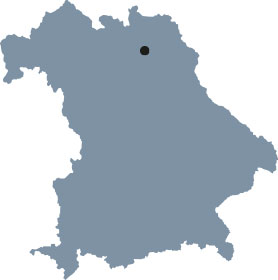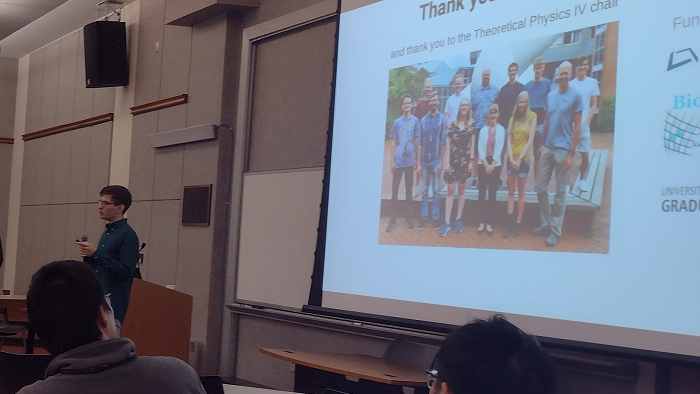Biological Physics
The quintessential processes of life can be understood only by the interplay of different natural sciences. The Elite Graduate Program Biological Physics connects the disciplines of biology and physics, taking account of the rapidly increasing importance of interdisciplinary research. The modular structured program supports gifted and committed students in a personal, intense teaching atmosphere combined with internships at national and international top-level research departments.
| Degree | Certificate (additional study program) |
| Duration of study | Additional study program in parallel to the regular studies and Ph.D. |
| Place of study | Bayreuth |
| Admission requirements | Bachelor degree in biology, biochemistry, or physics and the successful completion of the application procedure |
| Language of instruction | English |
| Head | Prof. Dr. Stephan Kümmel |
| Coordinator | Dr. Ingo Schelter Contact the coordinator |
| Further information | Website Biological Physics |
Interdisciplinary expertise is key
Cell biology and molecular biology investigate the elementary processes of life while physics allows a quantitative description of natural phenomena. The Elite Graduate Program Biological Physics combines these two subjects, thereby creating the base for solving central research questions. Topics range from photosynthetic light-harvesting processes, which can help to meet our energy needs, up to the understanding of intracellular transport phenomena and self-organization.
The program is based on the conviction that the complex challenges that students face today in society and science are best met with an education that puts emphasis on deep knowledge in a special field and interdisciplinary breadth. Therefore, Biological Physics is offered as a special program that starts in parallel to a regular MSc. Students of biology and physics do their lab- and research work together in an interdisciplinary learning experience. The modular structure allows great flexibility in questions of which courses to choose and when.
The workload is tailored such that committed students can complete both their regular studies and the Elite Graduate Program successfully. Biological Physics supports its students in going for a stay abroad, e.g., to one of the program’s leading international partner institutes.
Starting a Ph.D. as part of the program is not only possible but actively encouraged.


Decisive questions of life are at the boundary between physics and biology. The Elite Graduate Program ‘Biological Physics’ offers students the opportunity to participate in interdisciplinary cutting-edge research.
Prof. Dr. Stephan Kümmel



